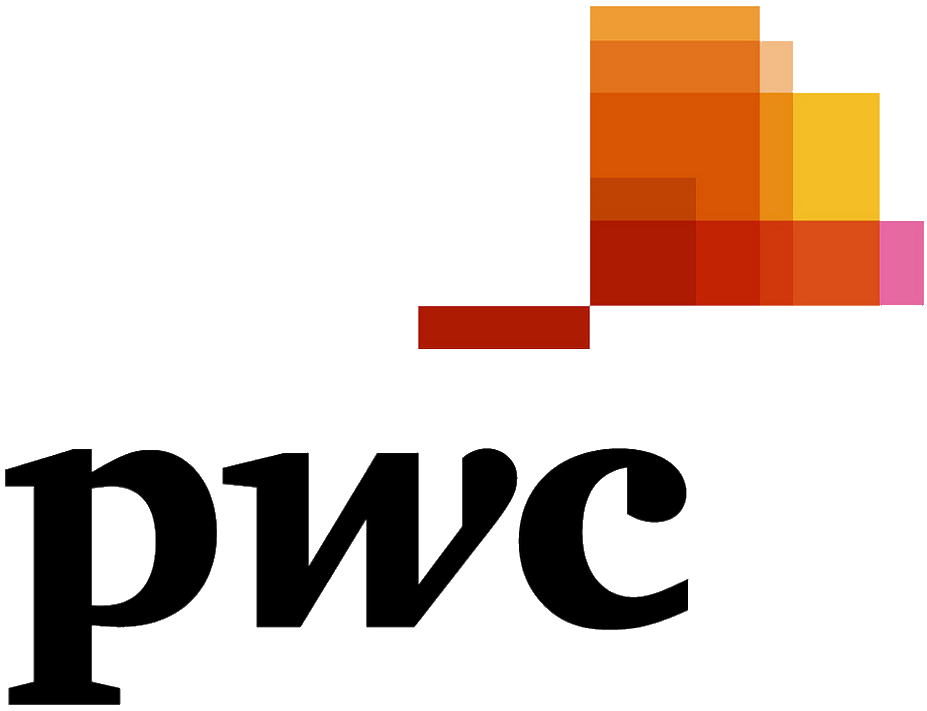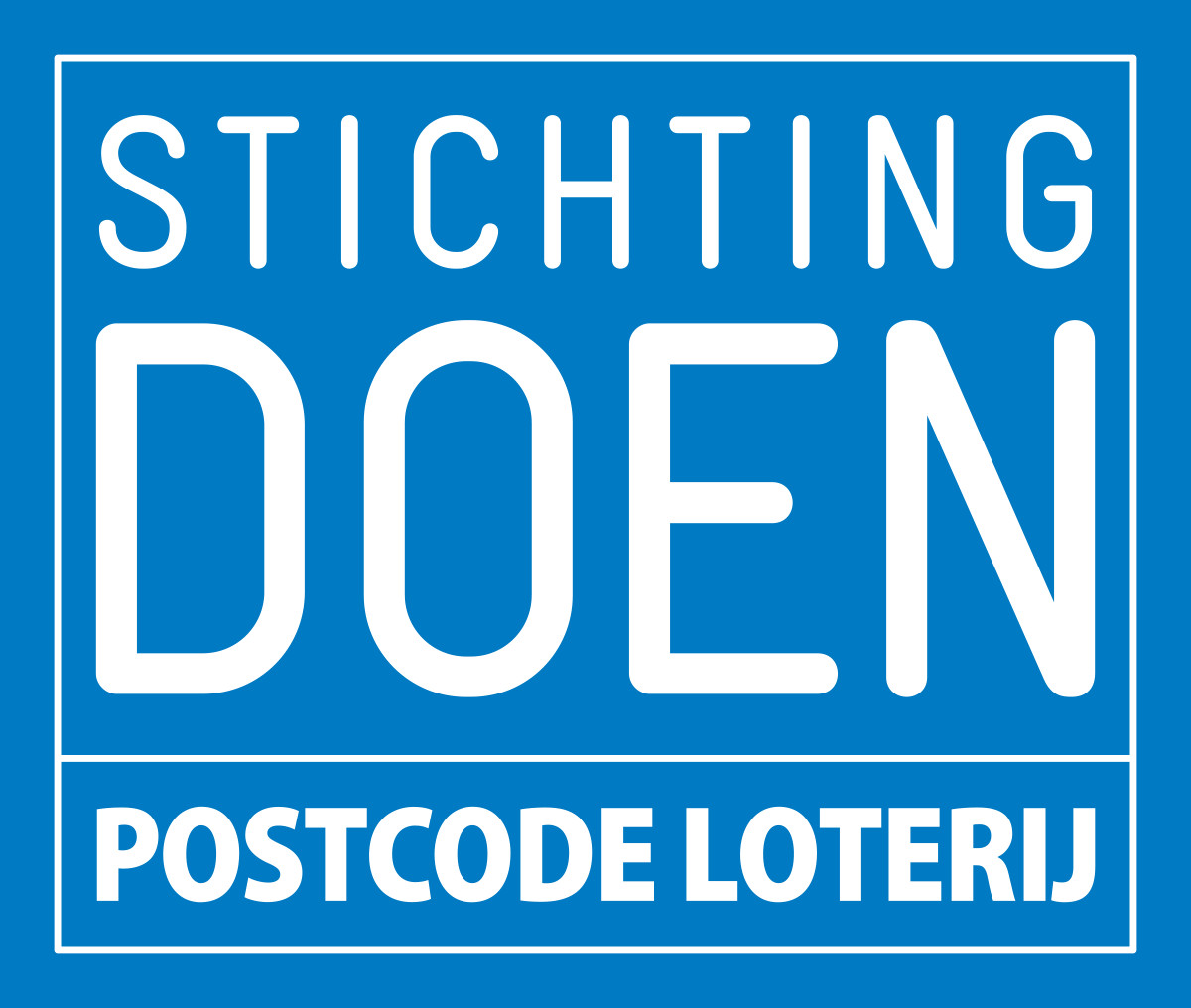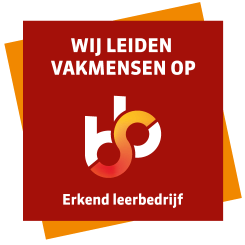Wednesday, April 9, the Social Enterprise Government Congress was held. Thijs de Lange walked around all day and found inspiration. The conclusion: social enterprises hold the key to a fully inclusive society, but the government does have to see that.
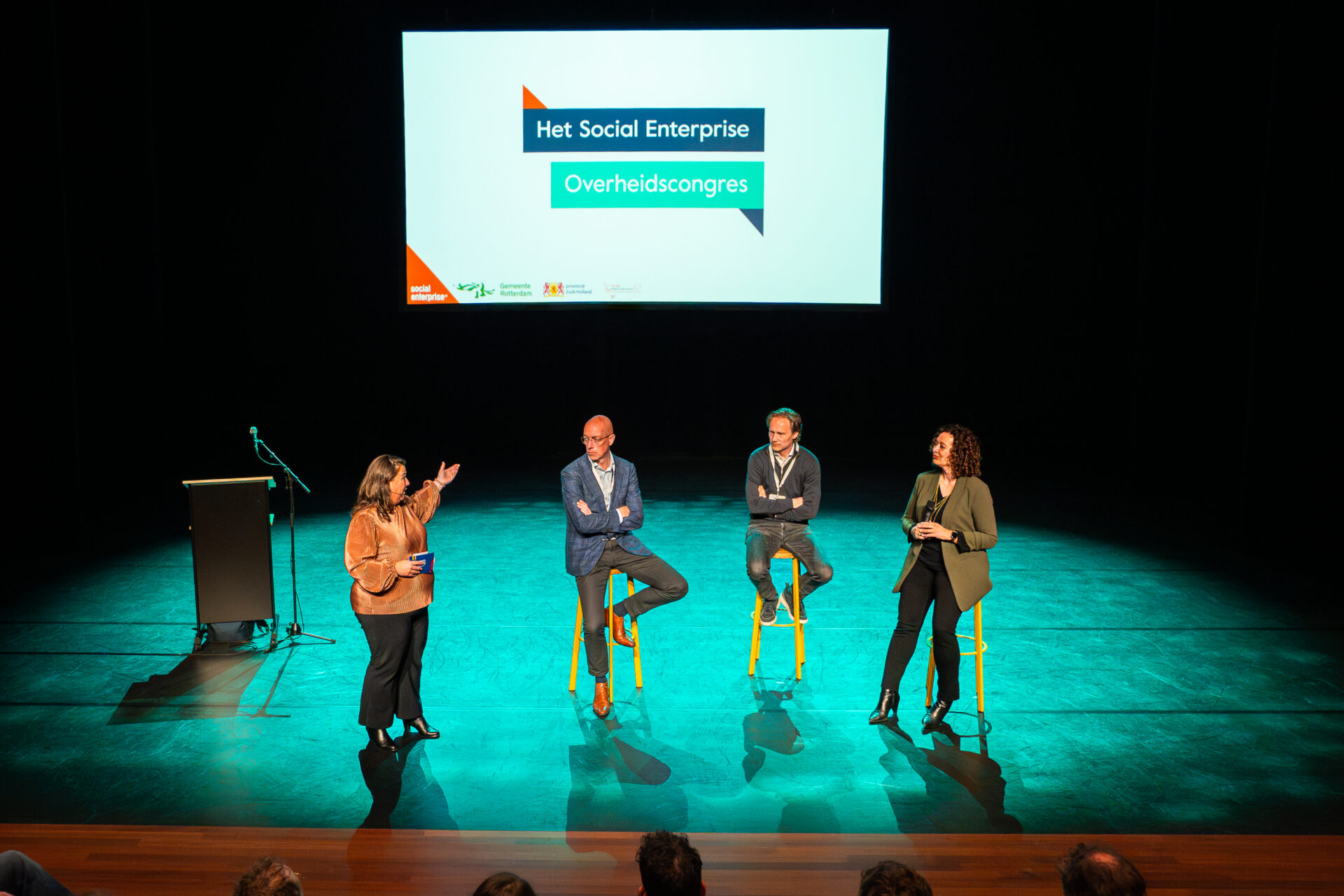
Review of the Social Enterprise Government Congress 2024
Visibly working on compassion
Wednesday, April 9, the Social Enterprise Government Congress was held. Thijs de Lange walked around all day and found inspiration. The conclusion: social enterprises hold the key to a fully inclusive society, but the government does have to see that.
I, Thijs, have a mild form of cerebral palsy. At birth, I did not want to breathe on my own right away, which damaged part of my brain. As a result, I am motorically less strong. Generally I get by, but sometimes I need a little help. Especially when it comes to fine motor skills: opening a bottle, putting a card in a slot, cutting meat, that work. It's always a question of whether the other person is willing to help. It sometimes happens that they are not. In a restaurant I get told “we don't do that,” cutting meat. At such a moment a standard is set that I fall outside of, and that I cannot possibly meet. Translated with DeepL.com (free version)
I also notice it when I turn to the wmo (social support act): officials who do not dare to take responsibility. They don't dare to leave the traditional paths to look for the best solution together. At such times it is nice to be at a conference where entrepreneurs and officials are trying to find solutions. That gives courage.
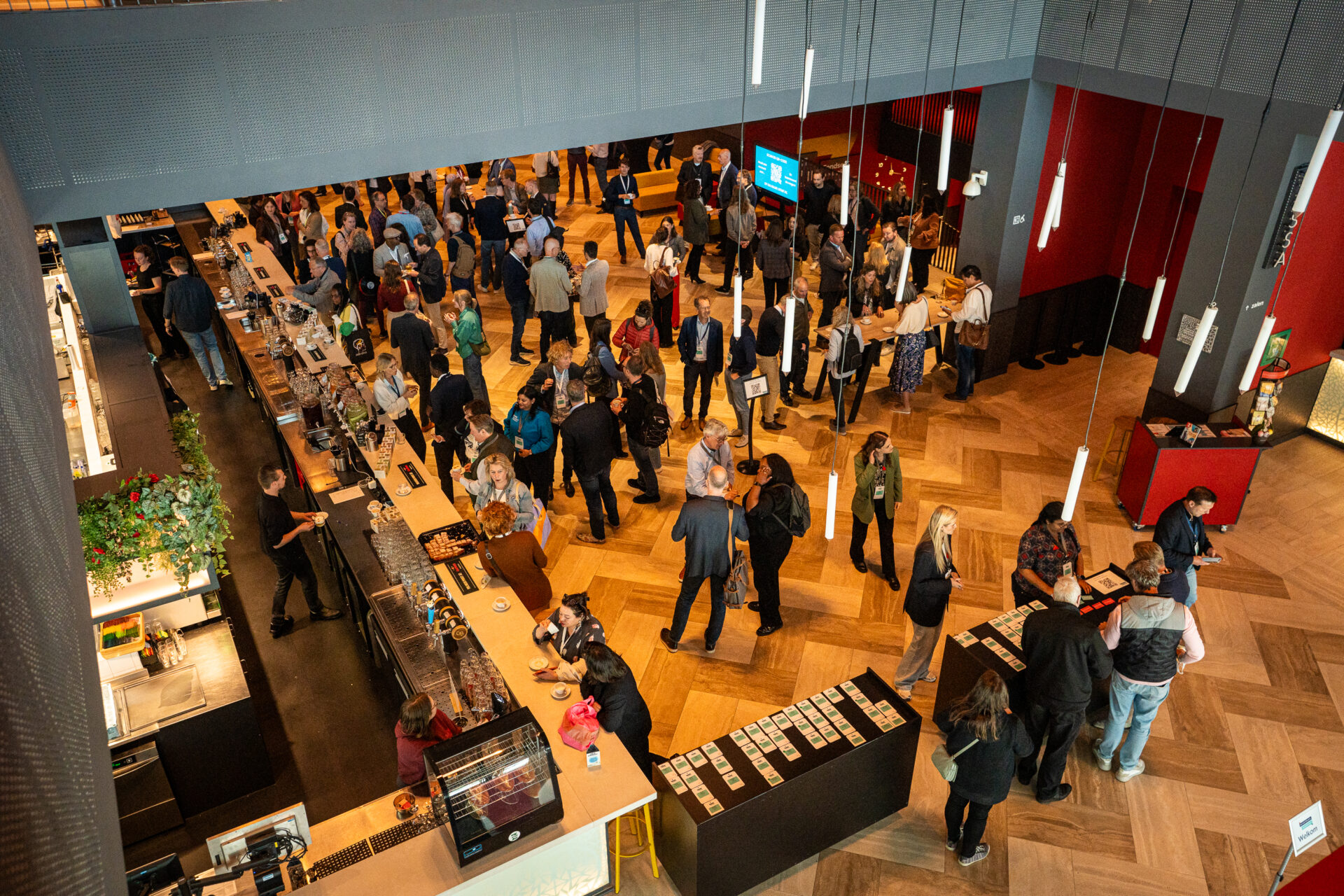

Southern Europe
I feel that the Netherlands, in particular, is good at setting that standard. When I go on vacation in southern Europe, it doesn't bother me as much. There it seems more natural to help each other. These cultures are also more community-oriented; people seem to feel more responsible for each other. People also deal with these kinds of questions in a much more practical way; someone experiences a problem, we just have to solve it, and then we can move on. The idea that such a question would deviate from a norm is not even considered. In fact, the norm is to make sure that everyone can participate, even if the system fails.
Wrong lists
Don't bullshit, but clean, that's what Rotterdam has to. Rotterdam has to, it is a city that scores high in the wrong lists. I am therefore not surprised that this city is an example in social entrepreneurship. Here, people use the space provided by laws and regulations to give social enterprises the opportunity to solve gaps in the system. Compassion is honored here, simply because you make the city together and also have to solve it together. It allows for beautiful things to emerge.
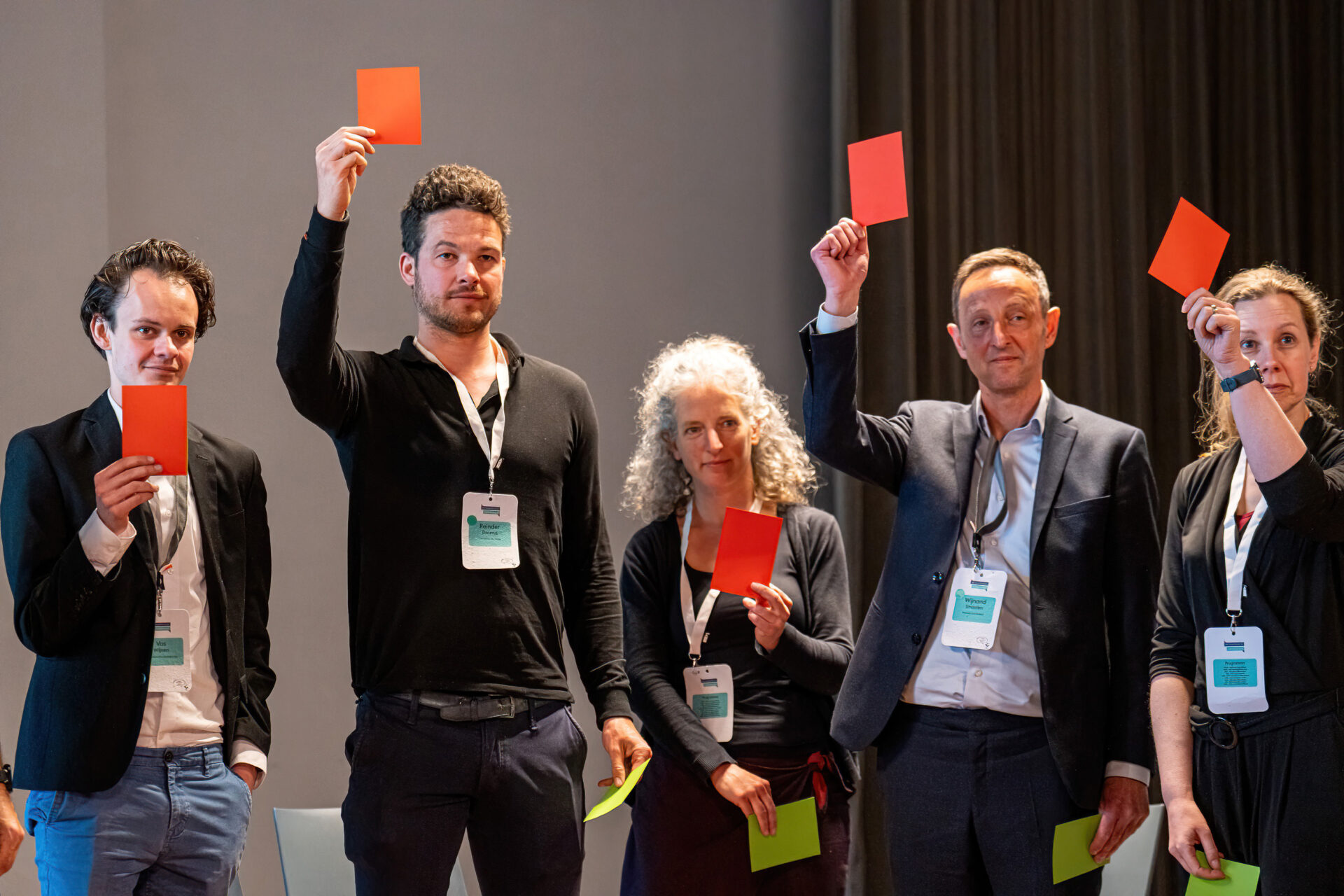
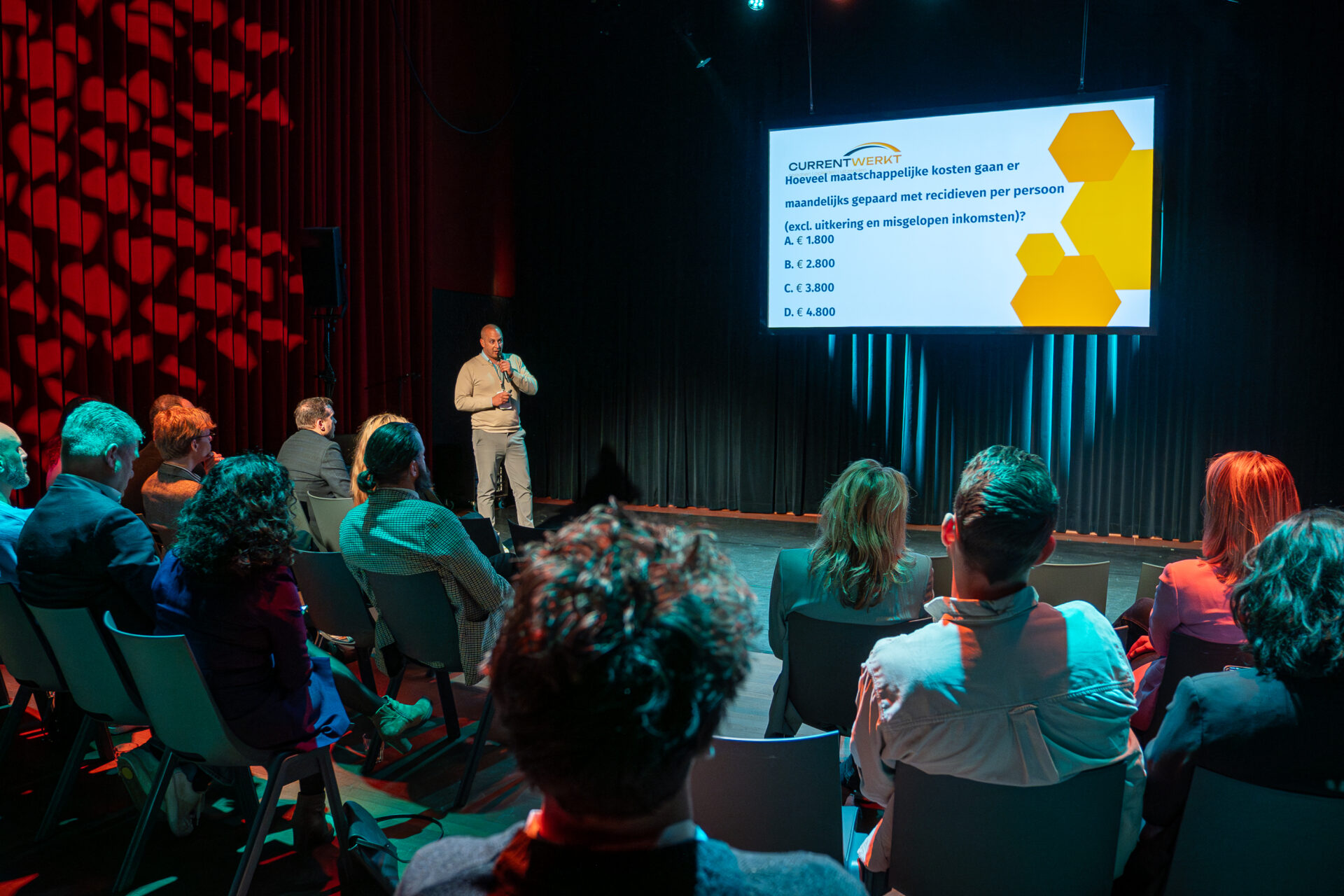
Frustrated
Consider CurrentWerkt. This venture was started by Hilal Makhoukhi. After spending 2.5 years in detention, he was a frustrated man. But instead of becoming an agitator, he decided to set up a social enterprise that helps ex-prisoners, but also, for example, re-entrants and status holders, find work. Within the safe walls he created, they can receive coaching and obtain certificates, after which they become interesting to employers. Through secondment, the employer is unburdened, but the candidate can still gain work experience. Hilal has already helped 600 people find a job this way.
Sociale impact verhandelen
Well, you might say: that's symptom control. You put something next to the system, to get around gaps in the system itself. Shouldn't you change the system itself, make it more inclusive? The municipality of Rotterdam is quite willing. It saw that social enterprises were able to get people with a distance to the labor market into the labor market. To encourage that, the municipality, together with advising company Rebel Group, took the initiative for Stichting Rikx. This is a platform on which social impact can be traded. A social enterprise registers and is assessed on the basis of various criteria. The latter is done automatically and by a panel of professors, advisors and local impact businesses. Subsequently, the impact that social enterprise makes is expressed in money.
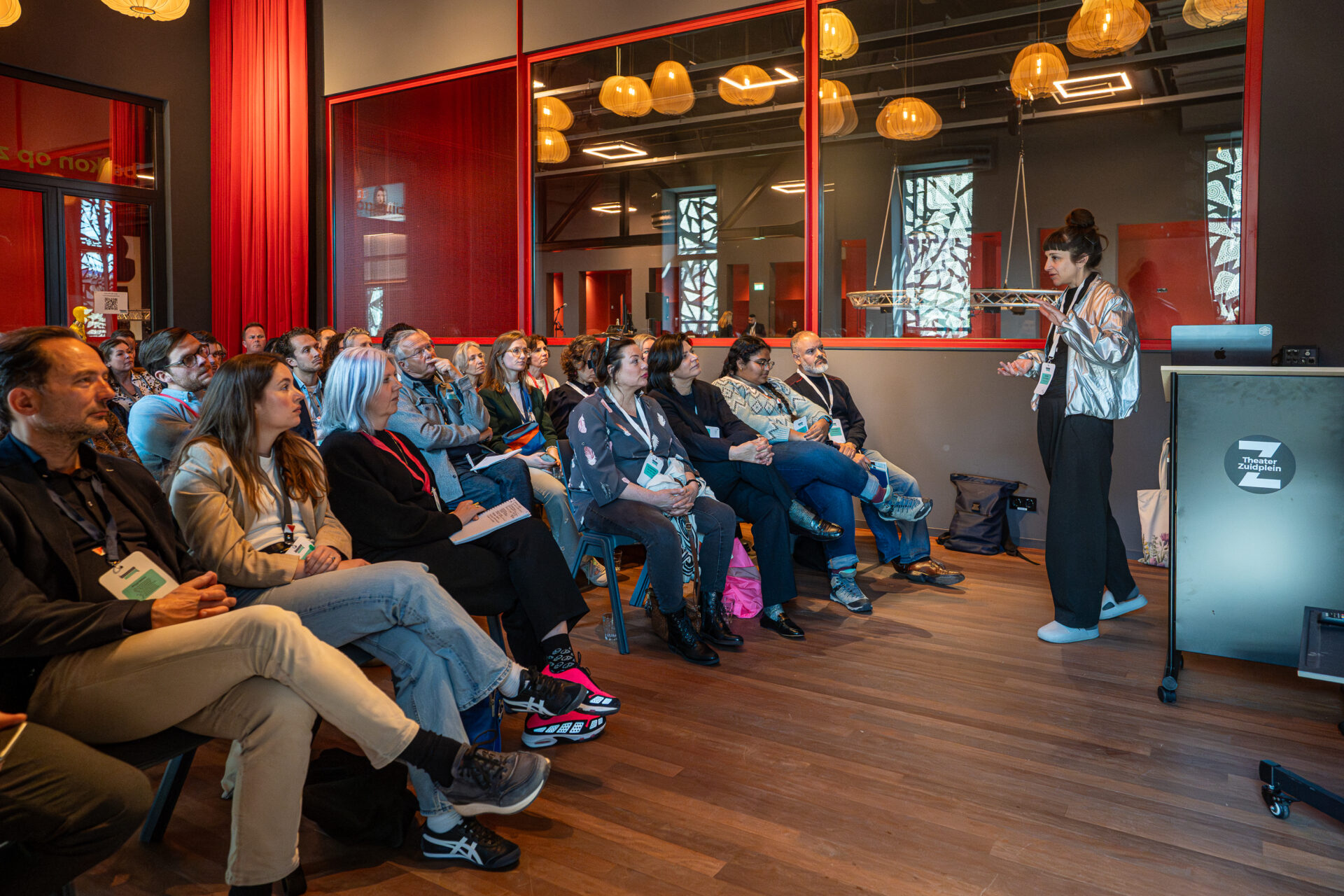

Cost-effective
Projects of social enterprises that have passed the rigorous selection are put on the platform. Then, after a tender, companies with an SROI or CSR obligation can choose to become investors in such a project, instead of hiring people with a distance to the labor market directly. This way, the money raised by the social enterprise is paid out at two points in time. Right at the beginning of the project all costs are covered, the money remaining at the end of the project is paid out as profit. 25% of that should be spent on a new project, the rest is freely spendable. The nice thing about this is that the social enterprise is encouraged to work as cost-efficiently as possible, because then you have all the more money left over at the end of the project.
Thinking more commercially
Perhaps here is the crux, impact makers need to think more commercially, show themselves more. Jantine Kriens is a former alderman of Rotterdam, former director of the Association of Dutch Municipalities (VNG) and now a member of the Council for the Environment and Infrastructure (RLI). She argues that we still haven't found an alternative to pillarization. Society has become more diverse since then, but there is no longer a place where you share roughly the same values. That has led to technocratization, and society is now stuck in that. Even the cabinet is no longer there for the collective interest, because each party has its own hobbyhorses.
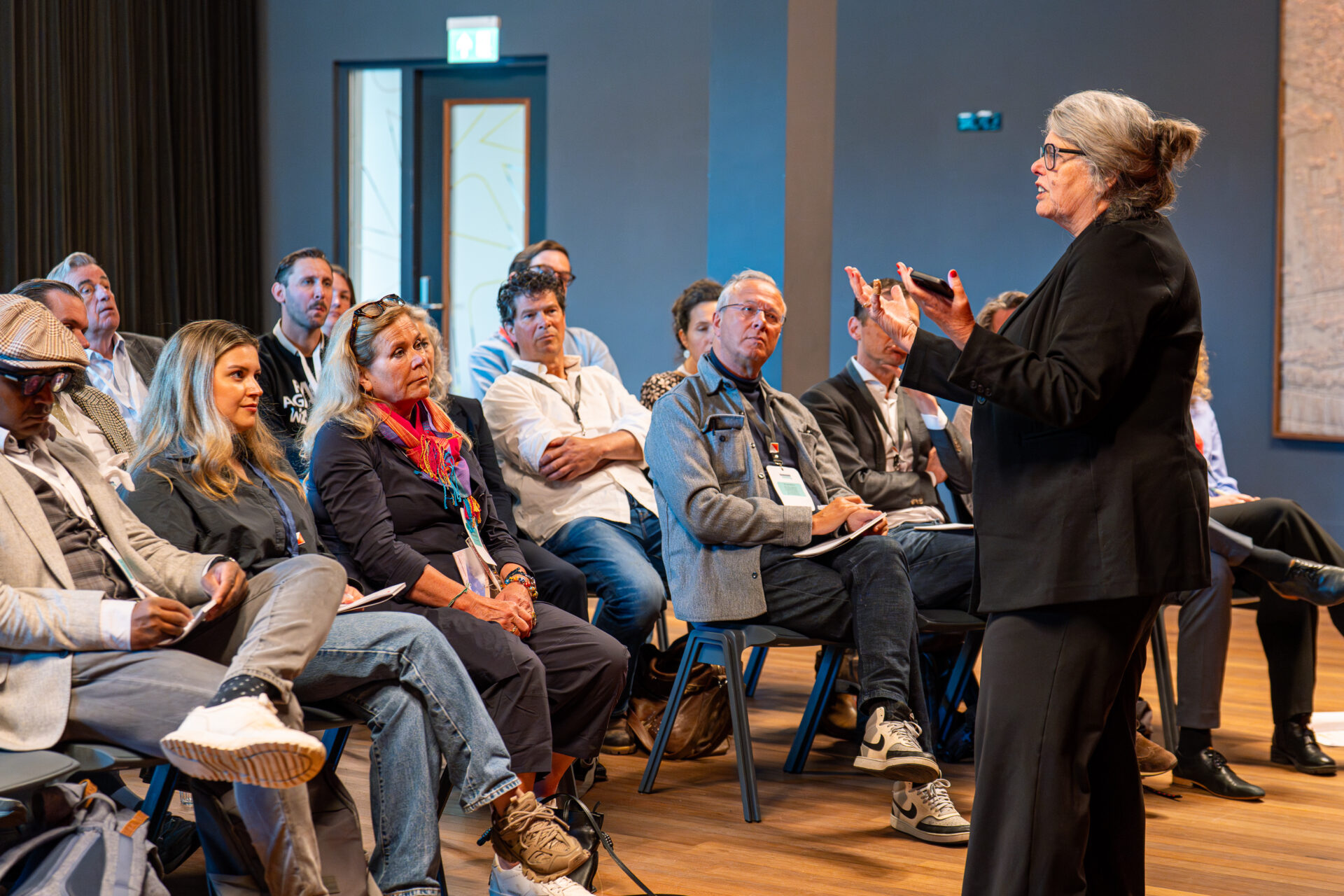
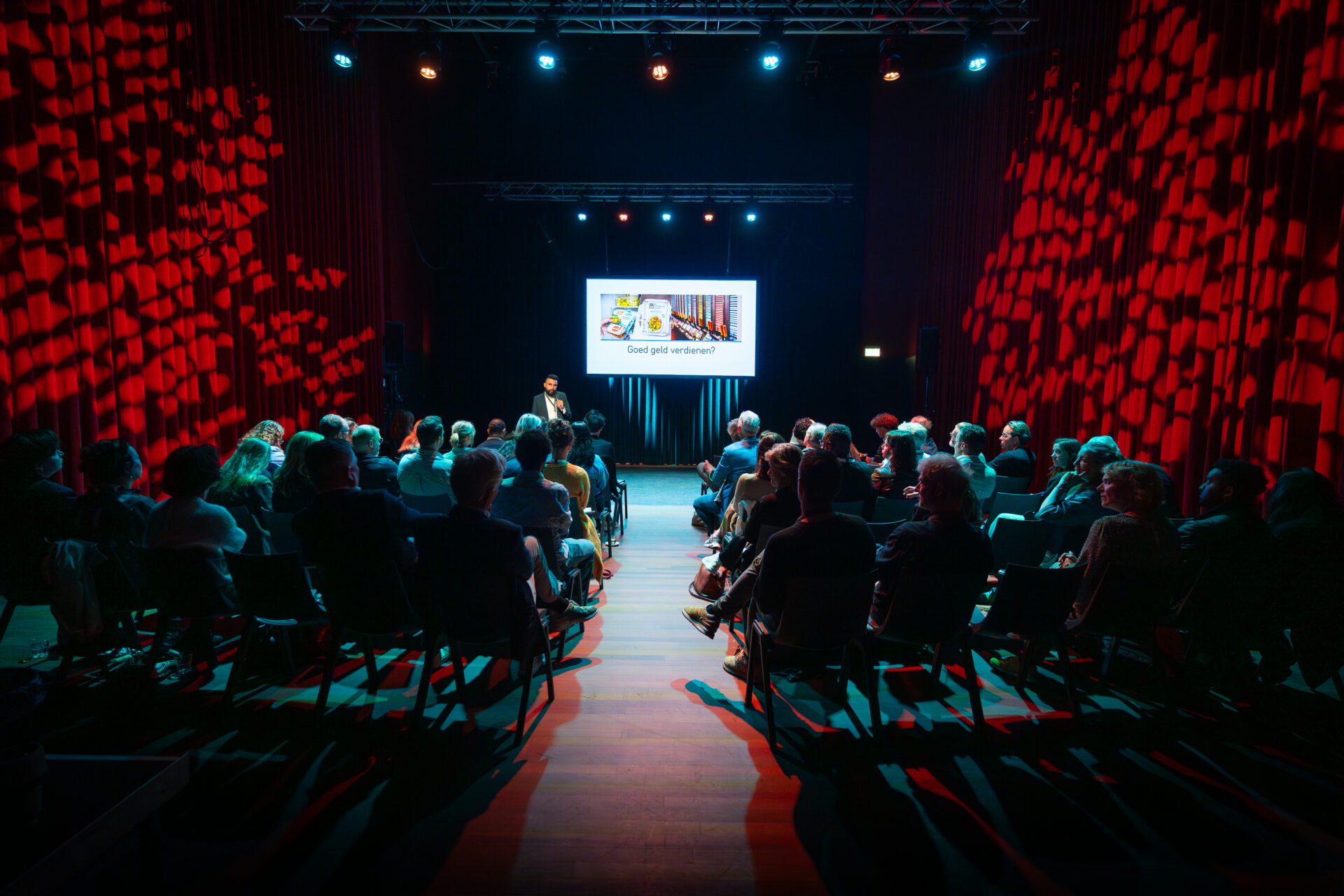
The cutting edge
According to Jantine, in the triangle of government, businesses and communities, communities need to take the initiative again. She cites Austerlitz, where elderly people wanted to stay in the village, but no longer in big houses. By uniting in that wish, they managed to get the government and the Triodos Bank to build apartments for those elderly people to move into. In my opinion, social enterprises are exactly at this intersection of individual problems and societal solutions. By cleverly translating those problems into a model to which the government can only answer “yes,” you can humanize society and steer public policy in a sustainable direction. But then the government has to know you're there.
Thijs de Lange (1997) is an independent moderator, advisor and journalist/lyricist. In all his work, he incorporates expertise from his own experiences.
Pictures from Michael Payano
